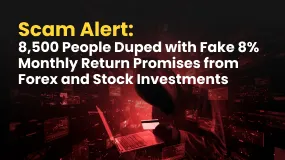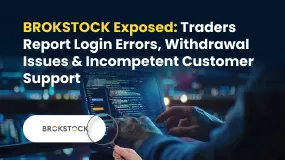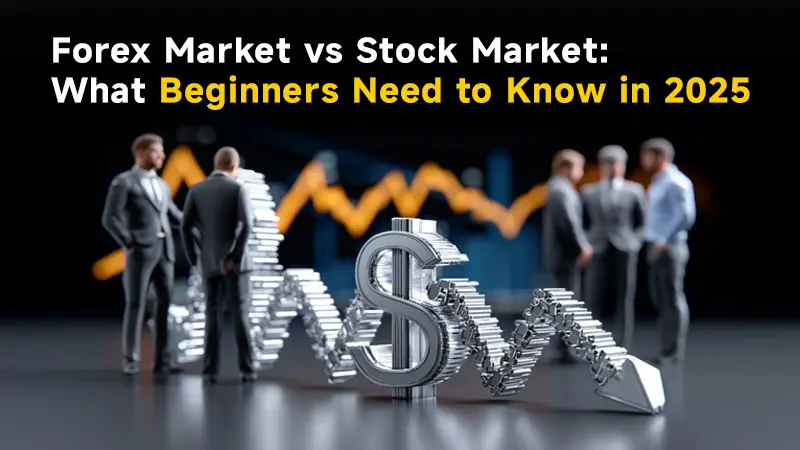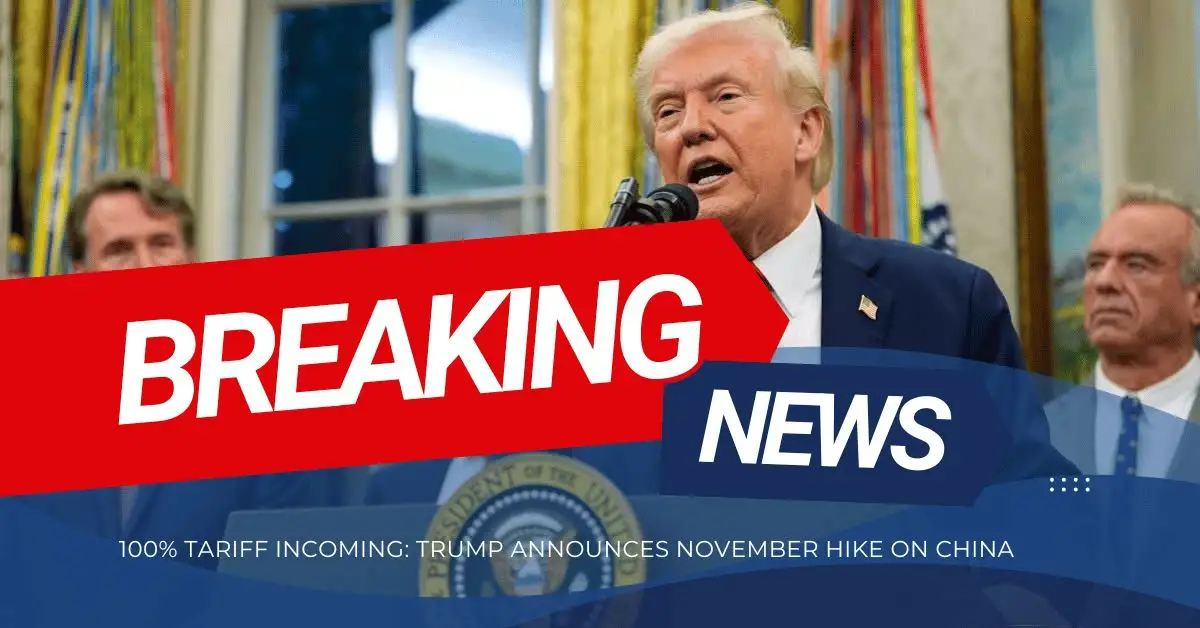Abstract:Coinbase is reportedly seeking regulatory approval to launch blockchain-based equities—digital tokens representing shares in public companies. As global exchanges experiment with tokenized stocks, a new wave of innovation is poised to reshape both crypto and traditional finance.
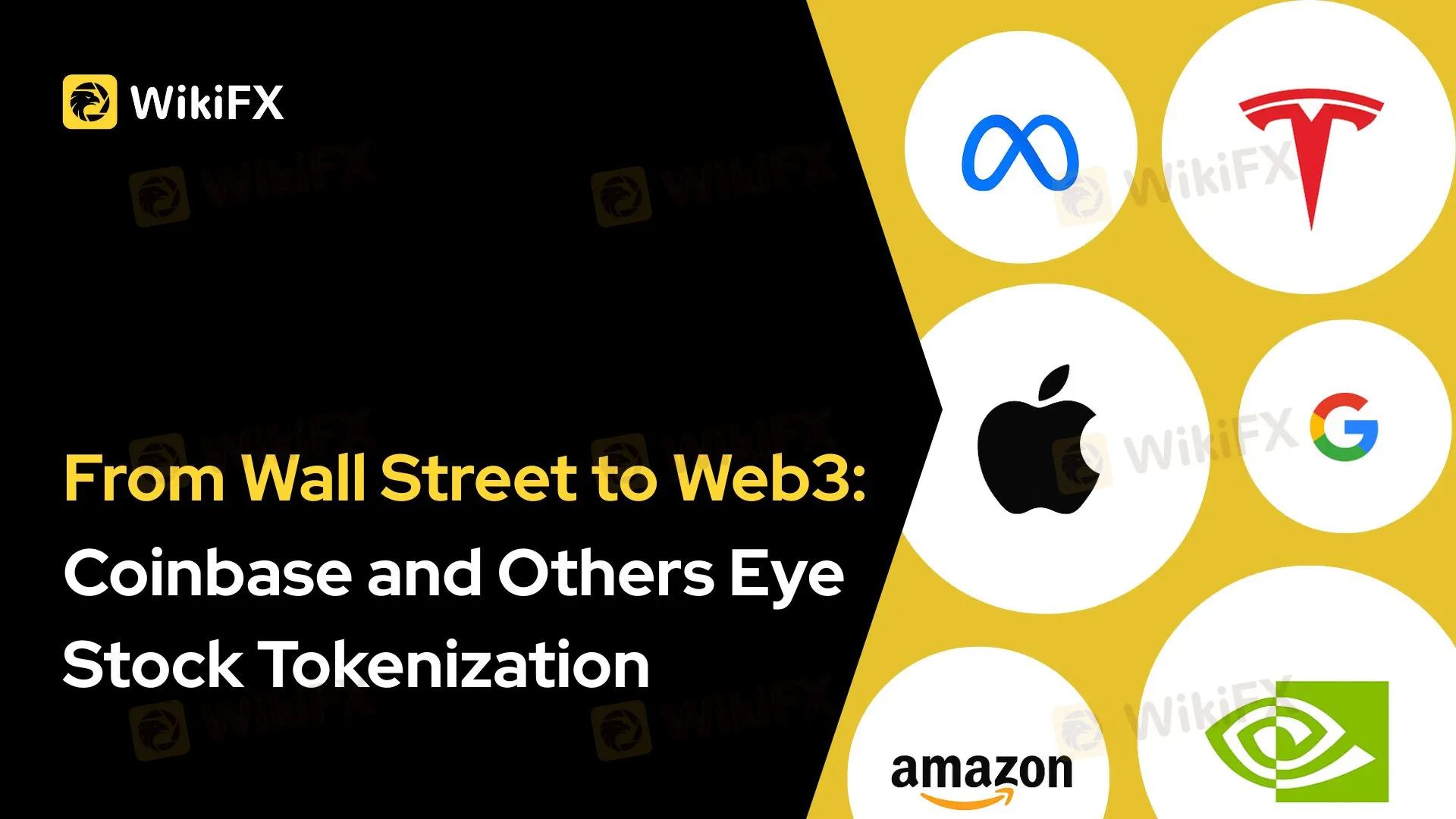
Stock Tokenization: Crypto Exchanges New Frontier
In a move that could reshape how retail investors interact with traditional equities, Coinbase is planning to offer blockchain-based versions of publicly listed stocks—pending approval from the U.S. Securities and Exchange Commission (SEC). The news, first reported by Reuters citing Coinbases Chief Legal Officer Paul Grewal, reflects a growing push among crypto exchanges to merge legacy finance with decentralized infrastructure.
Under the proposal, Coinbase would tokenize real stocks—such as Apple or Tesla—and allow users to trade them as blockchain-based assets. These tokenized equities would maintain a one-to-one backing with their traditional counterparts, enabling 24/7 trading and near-instant settlement.
While this concept isn‘t new, Coinbase’s attempt to bring it under U.S. regulatory approval would mark a turning point for mainstream adoption.
Regulatory Hurdles Remain
Grewal described the plan as a “huge priority” for Coinbase, adding that the company is pursuing a “no action letter” from the SEC—a document that would signal the agency does not plan to take enforcement action under existing securities laws.
However, the U.S. remains a challenging environment for stock tokenization. Despite promises of faster settlement and broader access, such products have struggled to gain traction due to unclear legal frameworks and concerns over market manipulation.
Even so, regulatory momentum may be shifting. Under the current U.S. administration, several pending lawsuits against crypto platforms—including Coinbase—have been dropped, and the SEC has initiated work on more comprehensive digital asset guidelines.
A Broader Trend: Global Players Join the Race
Coinbase isnt alone in this ambition. Just last month, rival exchange Kraken launched “xStocks,” a similar tokenized equity product, but restricted access to non-U.S. jurisdictions due to regulatory uncertainty.
In Asia, Bybit has also entered the tokenized asset space by offering synthetic stock tokens tied to U.S.-listed companies, including some of the worlds biggest tech firms. These products aim to attract crypto-native traders interested in equity exposure without switching platforms.
Notably, several of these exchanges operate under regulatory frameworks in offshore jurisdictions, allowing them to pilot new financial instruments before they gain mainstream regulatory approval.
Tokenized Equities: Innovation or Illusion?
Advocates argue that stock tokenization can revolutionize capital markets by removing intermediaries, reducing transaction fees, and opening access to global investors—especially in regions with limited brokerage infrastructure.
Critics, however, caution that these products still face major hurdles. Issues around custody, corporate governance, and investor protections remain unresolved. Moreover, liquidity for tokenized stocks is thin, and their price tracking often depends on oracles or centralized market makers.
For now, tokenized equities sit at the intersection of traditional finance and decentralized networks—a concept full of promise, but still waiting for regulatory clarity and real-world adoption.
Conclusion: A Glimpse Into the Future of Finance
Coinbases stock tokenization initiative reflects a deeper industry trend: the blurring of lines between centralized finance and blockchain-based innovation. While regulatory approval remains the biggest question mark, the direction is clear—crypto exchanges are no longer content with being gateways to digital assets alone; they are aiming to become the next-generation platforms for all financial instruments.
As regulation evolves and more traditional players explore tokenization, the idea of buying shares on a blockchain may soon shift from a fringe experiment to a common investing experience.



